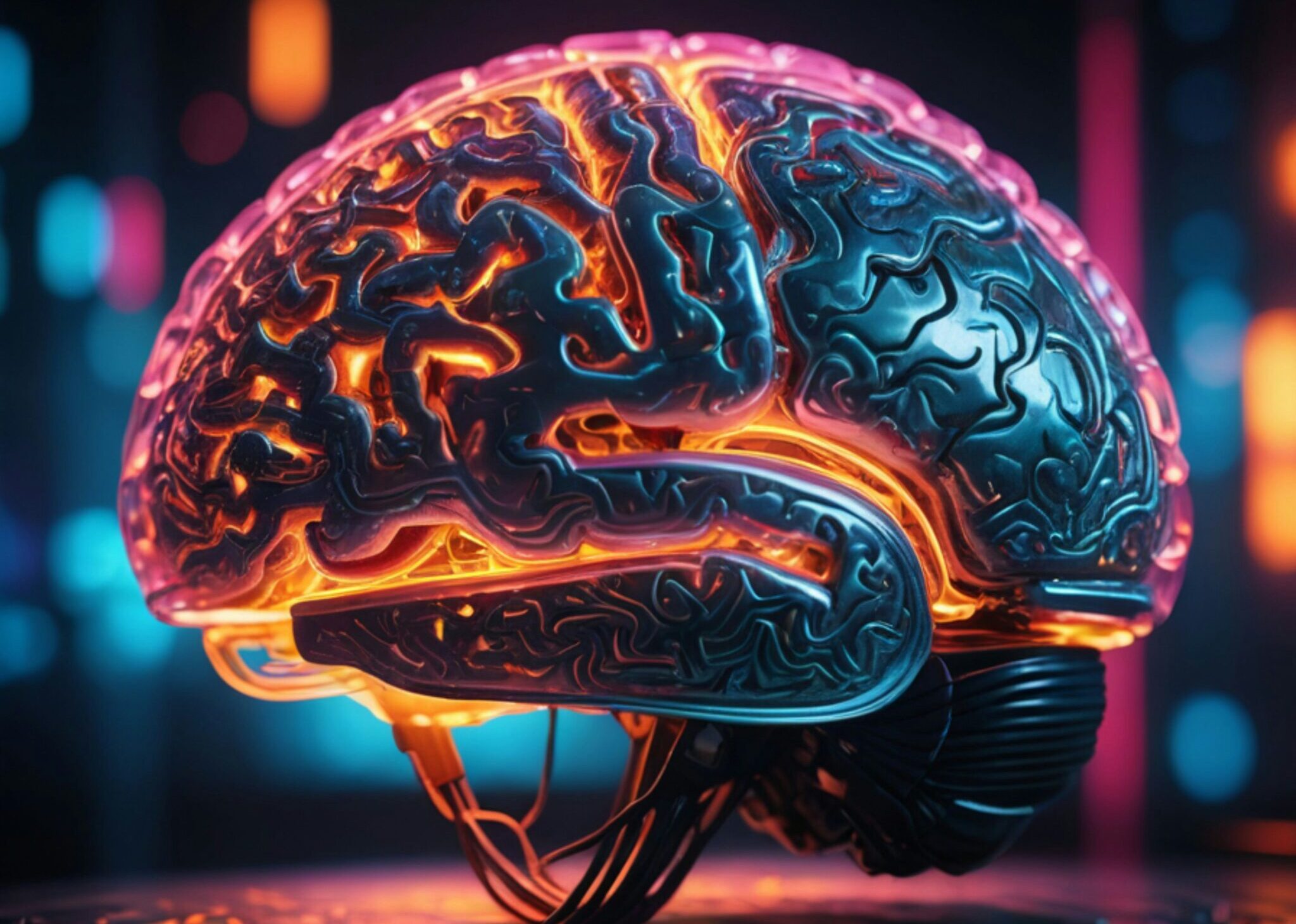Brain Data Privacy Law Passed in California

California has updated its Consumer Privacy Act by signing into law SB 1223. This law covers brain data, which gives individuals the ability to opt out of neurotechnology companies sharing or selling their information. California is the second state behind Colorado to give brain waves privacy protections!
Jared Genser, co-founder of the Neurorights Foundation, said it best: “This prescient bill will ensure that the brain data of citizens of California will be adequately protected in the future.” He also went on to observe, “this seems critical as we are entering a new era of consumer-grade neurotechnology that could revolutionize our society.”
What are Neurotechnologies?
Neurotechnologies are systems that connect technical devices, like electrodes or computers, to the nervous system to either record brain signals or stimulate brain activity. These technologies range from non-invasive methods, such as electrode caps, to invasive implants that help control prosthetics or treat neurological disorders. While they offer promising clinical benefits, they also raise ethical concerns about personal identity and the impact of brain interventions.
Details on the New Law SB 1223

The California Governor Gavin Newsom has enacted a new law aimed at protecting brain data from potential exploitation by neurotechnology firms. This legislation modifies the state’s consumer privacy law, allowing individuals to request access to, delete, correct, or restrict the data collected by neurotech companies, as well as opt out of data sharing or selling. The law expands the definition of biometric information to include physiological and behavioral data, such as retina scans, fingerprints, and health-related information.
State Senator Josh Becker, who introduced the bill, highlighted the necessity for regulation as the neurotechnology sector continues its rapid growth. He stated, “SB 1223 is an innovative, necessary measure that will prevent the unethical use of your neural data by companies who collect it.” In addition, the bill received strong backing from groups like the American Academy of Neurology and the Neurorights Foundation.
SB 1223 Drawbacks
The law, which applies to larger companies, specifically protects data from medical-grade neurotechnologies, but some experts, like Nita Farahany, argue that it should also cover other forms of biometric data like heart rate and eye-tracking. While the law has been praised for addressing neural privacy, there are concerns such as these which leave gaps in protecting non-neural cognitive data.
Quick Summary on California’s Brain Data Law
- CPA New Guidelines: California Governor Gavin Newsom signed a law extending consumer privacy protections to neural data, treating it as sensitive personal information under the California Consumer Privacy Act.
- What Neural Data Encompasses: Neural data includes brain activity and nerve signals that reveal thoughts, feelings, and intentions, often collected by neurotechnology products aimed at cognitive growth.
- Consumer Rights Are Extended: The law allows consumers to request, delete, and limit data collected by neurotech companies and opt out of the sale or sharing of this data.
- Concerns with Unregulated Neurotech: Many neurotechnology devices, unlike medical devices, operate with little regulation, prompting calls for greater protections as brain data becomes increasingly accessible.
- Industry Resistance: Some argue the law’s inclusion of the peripheral nervous system could cover too broad a range of technology and hinder tech companies like Meta and Apple.
- Calls for Algorithm Regulation: Some experts believe the focus should be on regulating algorithms that interpret user data, rather than targeting neurotechnology companies alone.
- California May Set Global Precedent: As a tech hub, California’s move may influence global standards for brain data privacy, highlighting the state’s leadership in tech regulation.
Looking Forward
California’s new brain data privacy law marks a significant advancement in protecting sensitive neural information. The law empowers consumers to control how their brain activity data is used and shared, though some experts argue it leaves other biometric data unprotected. While there are calls for broader regulations, the legislation sets an important precedent for the neurotechnology industry. As this sector grows, California’s move could influence global standards for brain data privacy!









